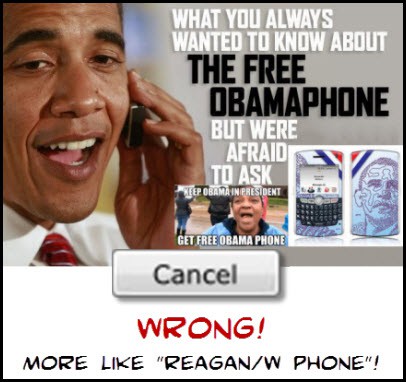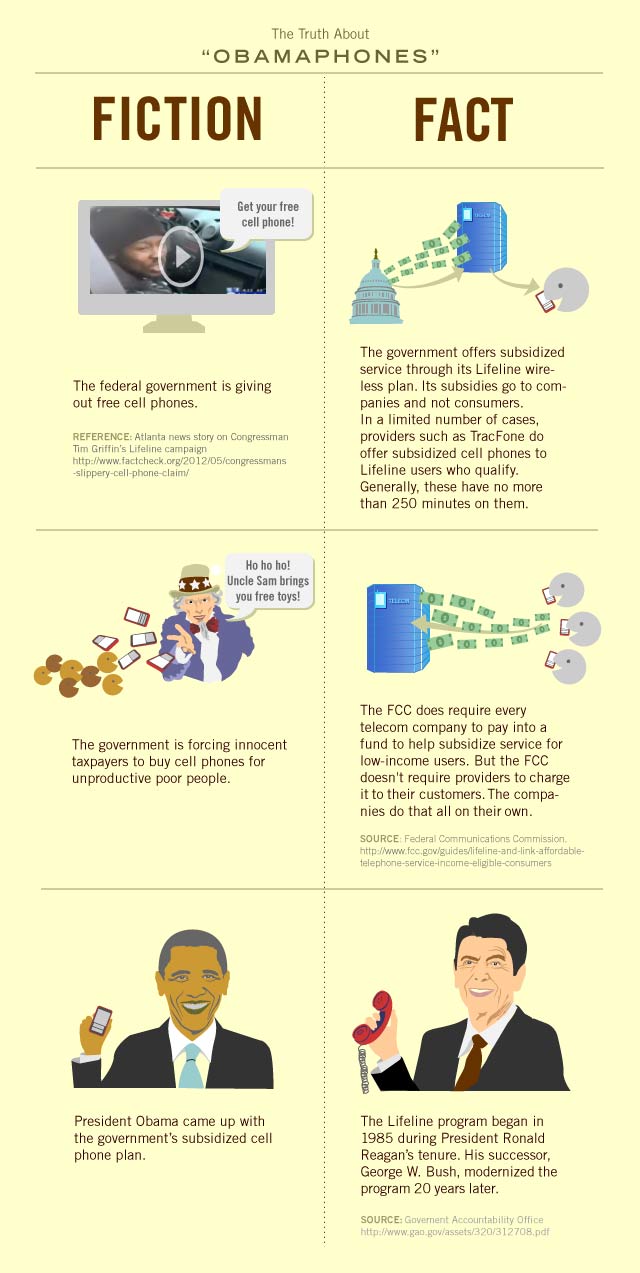
The Lifeline program became campaign fodder last fall when the Drudge Report released a video showing a minority voter praising Obama for “free phones.”
Two competing philosophies to address the digital divide will clash in Congress this week as Democrats introduce legislation to subsidize Internet access for the poor and Republicans hold hearings critical of the FCC’s existing Lifeline program, which provides low-cost phone service for those on public assistance.
The Broadband Adoption Act, introduced by California Democrat Rep. Dorris Matsui, would reform and expand the Lifeline program to allow participants to choose between a discounted landline, cell phone, or broadband Internet access.
“In today’s digital economy, if you don’t have access to the Internet you are simply at a competitive disadvantage. For example, more than 80 percent of available jobs now require online applications,” Matsui said. “The Internet is increasingly the economic engine for growth and innovation.”
Matsui has introduced similar legislation in the past, but it has never been taken up by the Republican-controlled House.
The bill is co-sponsored by ranking member Henry Waxman (D-Calif.), communications subcommittee ranking member Anna Eshoo (D-Calif.) and five other Democrats.
The thought of discounted Internet access is about as popular with some House Republicans as Lifeline-subsidized cell phone service, which some conservatives have derided as “Obamaphones.”
The House Energy and Commerce Committee will hold a hearing on Thursday to look at Lifeline and consider its future. Members are expected to share stories of waste, fraud, and abuse, particularly over the controversial subsidized cell phone service.
Senator Tom Coburn (R-Okla.) is a regular critic of the program and offered the House committee anecdotal reports that some subscribers have eight or more subsidized cell phones with one subscriber saying that to get one, “she just goes across the street and gets it.” Coburn claimed to have evidence in one case where a man kept a “bag full of subsidized phones that he sells for about 10, 15, 20 bucks each.”
Still seen by some as a luxury, a program that subsidizes cell phones was likely to attract critical attention among politicians.
Senators Claire McCaskill (D-Mo.) and David Vitter (R-La.) both drafted amendments that would end the Lifeline subsidy in its entirety, calling it a waste and abuse of resources.
The program and providers have admitted there have been lapses in eligibility verification and there was fraudulent participation in the program.
Last year, the FCC modified the program to tighten eligibility requirements:
- Required all subscribers to recertify their eligibility and to do so annually by providing documentation of income or program participation;
- Confirmed the program’s restriction of one subsidy per household;
- Started a process to create a State-by-State and/or a National Lifeline Accountability Database to prevent multiple subsidies to the same household;
- Eliminated Link-Up support except for recipients on tribal lands that are served by ETCs that take part in both the low-income Lifeline and high-cost support programs;
- Imposed independent audit requirements on carriers receiving more than $5 million in annual support;
- Directed the FCC and Universal Service Administrative Company staff to take action no later than December 31, 2013, to offer an automated means of determining enrollment in the Medicaid, Food Stamps, and Supplementary Security Income programs, the three most common criteria for Lifeline eligibility;
- Set an interim base subsidy amount of $9.25 per month for non-tribal subscribers.
Lifeline was first enacted by Congress in 1985, during the Reagan Administration. In 2005, the Bush Administration expanded the program to include cell phone service.



 Subscribe
Subscribe